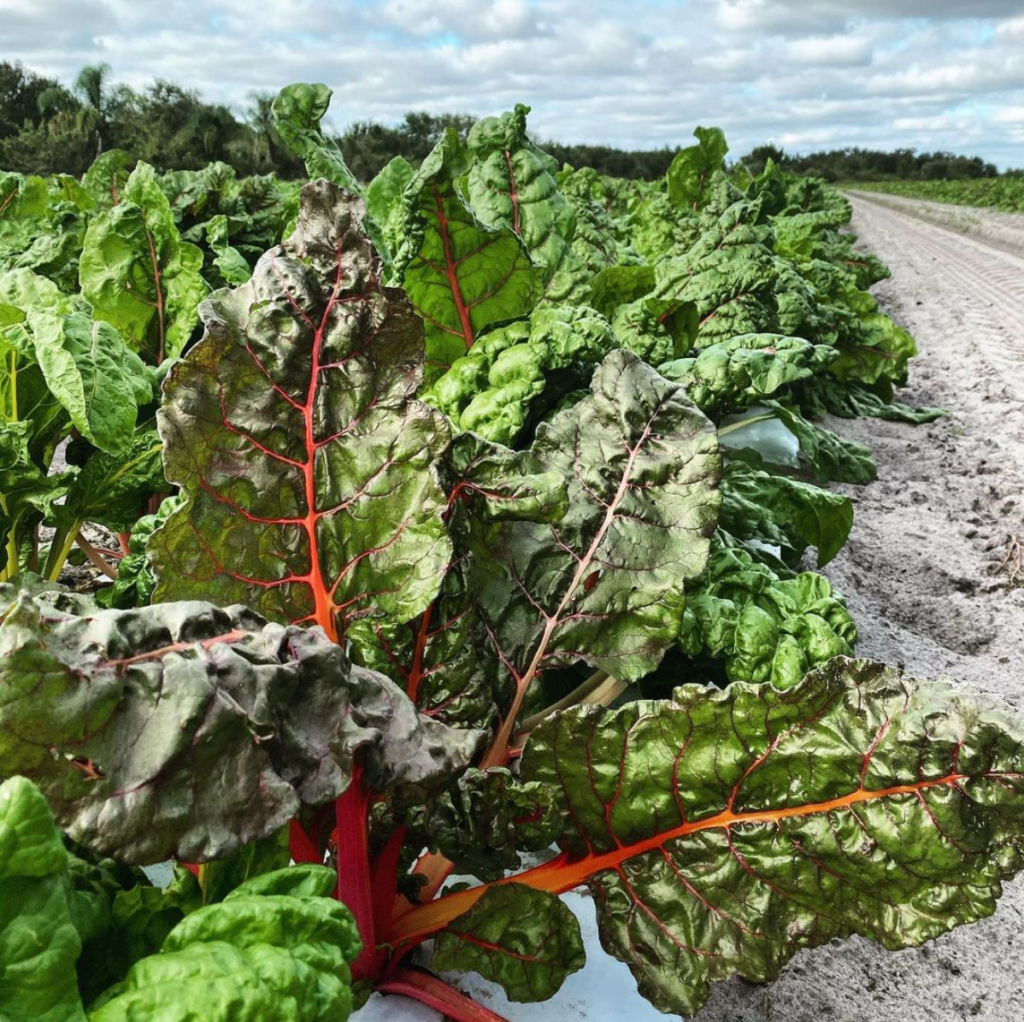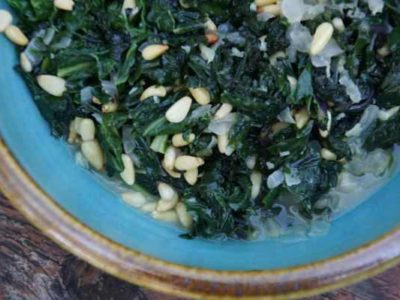About Rainbow Chard
Rainbow Chard is a member of the same species as beets and is a type of Swiss Chard characterized by various colored stalks (the “rainbow”). While Swiss Chard didn’t originate from Switzerland the name did. The plant was named by a Swiss botanist named Koch. The ancient Greeks and Romans, honored chard for its medicinal properties.
Selection
Look for chard with unblemished stalks and shiny, crisp-looking leaves.
Storage
Place unwashed chard in a plastic bag in the refrigerator. It will keep fresh for several days or up to a week.
Preparation
Wash the chard well in cold water to remove any sand or soil that may be hidden in the leaves. Trim off the bottom most portion of the stalk if it feels tough.
Nutrition
Chard is rich in folate, vitamins A, K, C, magnesium, potassium, iron and fiber. As with anything, it’s best to consume chard in moderation as it contains high levels of oxalates which are naturally-occuring substances that can exacerbate kidney and gallbladder problems. One way to minimize the oxalate content is to quick boil the chard, this will remove much of the oxalate and in the process will bring out more of the chard’s natural sweetness.





